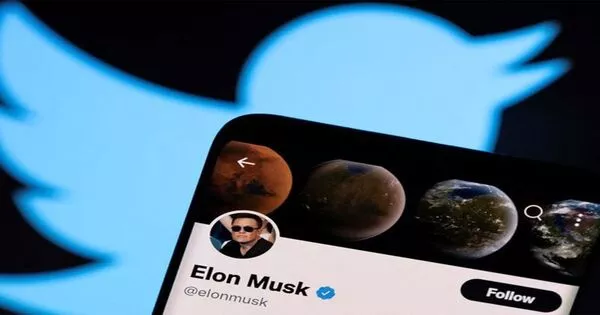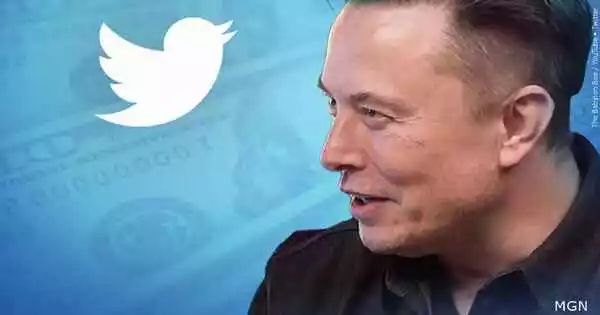Twitter announced a “poison pill” plan on Friday to defend itself from Elon Musk’s $43 billion hostile takeover proposal, making it more difficult for the billionaire to secure a controlling interest.
Musk’s proposed buyout faces various risks, including possible rejection and the difficulty of raising the necessary funds, but if completed, it may have huge implications for the key social media service.
Twitter’s board of directors overwhelmingly approved a “poison pill” shareholder rights plan, which kicks in if an investor buys more than 15% of the company’s stock without the directors’ approval. Musk owns 9% of the company.
By activating an option that permits other investors to acquire more of a company’s shares at a discount, the strategy makes it more difficult for a buyer to build a large holding without board permission.
The plan, which experts consider a powerful bulwark against corporate raiders, does not prevent Twitter from considering or even agreeing to an acquisition, according to the company.
Musk stunned the tech industry on Thursday when he made an unsolicited proposal to buy the company, citing the promotion of free speech on Twitter as a significant motivation for his “best and last offer.”

In a filing with the Securities and Exchange Commission, the world’s richest person offered $54.20 per share, valuing the social media company at $43 billion.
He hasn’t explicitly addressed the poison pill, but after his offer was made, he tweeted that the board would face “titanic” legal liabilities if it rejects his offer against the interests of shareholders.
Analyst Dan Ives predicted that the board’s decision would “not be perceived well by shareholders” because of the potential for stock dilution as well as the signal it sends of antipathy toward being bought. He predicted a “likely” legal battle.
Musk has already stated that he is “not convinced” he would succeed and has refused to elaborate on a “plan B.” However, he did state in the filing that if he is rejected, he would consider selling his existing shares.
He also stated that he “could technically afford” the buyout while providing no details on funding, implying that he would either need to borrow money or sell some of his Tesla or SpaceX stock.
“While the board will take the Tesla CEO’s offer into consideration, we believe the probability of Twitter accepting it is likely below 50 percent.”
Morningstar Research analysts
Musk’s ownership has them ‘frightened.’
Some investors, like businessman and Saudi Prince Alwaleed bin Talal, have already spoken out against the project.
“While the board will take the Tesla CEO’s offer into account,” Morningstar Research analysts agreed, “we feel the possibility of Twitter accepting it is likely below 50%.”
The stock of Twitter fell roughly 2% on Thursday.
Musk’s move adds another twist to his tumultuous history with the global social media platform, and it raises many questions about what happens next.
He was offered a position on the board of directors, but he declined over the weekend.
Musk’s surprise offer to buy Twitter sparked concerns—and some applause—about entrusting the network to a mercurial billionaire who supports few restrictions on what users can publish in general.
He elaborated on his goal on Thursday, saying he wants to reveal the algorithm that operates the site, even allowing individuals to look at it and recommend modifications.
He also reaffirmed his support for a more hands-off approach to policing the platform, a contentious issue in high-profile cases like Donald Trump’s ban following the attack on the US Capitol last year.
Critics state that absolute freedom of expression on social media might lead to a lot of problems in the real world.
On Thursday, Washington Post columnist Max Boot tweeted, “I am worried about the impact on society and politics if Elon Musk owns Twitter.”
“He appears to believe that anything goes on social media. “Boot has been added. We need more content moderation, not less, if democracy is to survive.
Still, Musk was rallying support for the struggle ahead on Twitter, where he has over 81 million followers.
“Thanks for the support!” he tweeted in response to a poll that showed his campaign had received overwhelming support.





